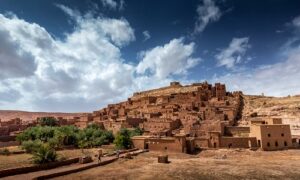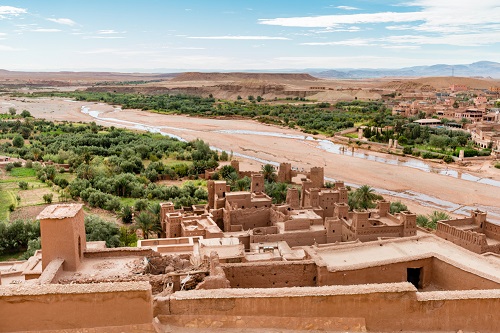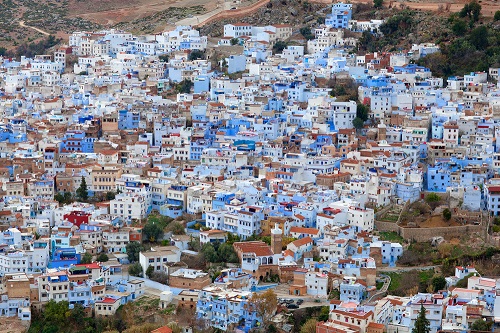If you are intending to give birth in Morocco, you will need to make a decision early on regarding whether you want to use the public or the private sector. It should be noted that the public healthcare system is well below the standard of those in Western nations, and many expats opt for private cover to avoid it.
How to decide on a birth plan
A birth plan is a list of what you would like to have happen during labour and afterwards. It is written so that your doctor knows what your wishes and expectations are.
- Where do you want to give birth?
- Who do you want to have with you (e.g. your partner)?
- What kind of birth do you want (e.g. vaginal birth or a Caesarian)?
- Do you need any birthing aids?
- Do you want pain relief, and if so, what kind?
- What kind of birthing environment would you prefer?
However, you should be aware that birth plans are not a commonplace aspect of maternity care in Morocco, and it might be better to establish the above in a series of questions to your GP/midwife, rather than as a presented birth plan per se. One expat mother reports that she was given blank looks and that her birth plan was revised down to ‘have a healthy baby.’
Morocco has a high rate of C-sections, and if you are averse to this in normal circumstances, you should make this clear. Ask your GP any salient questions up front, such as whether they work with a midwife and how they feel about working with alternative care practitioners. Be very clear about the kind of pain management you will require, as this can be basic, and you may have to ask for it, rather than it being readily on offer.

Maternity care in Morocco
You will be eligible for public sector healthcare as an employee, as long as you are making national insurance contributions. It is likely that you will be paying into the CNSS (Caisse nationale de sécurité sociale/National Social Security), as most expats are private sector workers.
However, giving birth under the state system is not recommended. You will not have a separate room, you will experience very little privacy, and you will have to supply many things yourself, including towels, blankets, and even, in some reported cases, sheets. Even in the private sector, it is advisable to take a bag with you containing everything you might need.
Published studies suggest that the system systematically underreports maternal death within and outside of healthcare facilities, and that the maternal and infant mortality rates are unacceptably high.
You should also note that pregnancy outside of wedlock is an offence in Morocco, as the country is a traditional Islamic society. The mother is held responsible. This is a serious problem in Morocco, and babies are not uncommonly abandoned. As an expat, you need to be aware of this and may prefer to get married before you enter the country.
You can choose your own doctor and clinic. Make sure you choose a person and a facility that makes you feel comfortable. Many medics in the private sector speak English or French. You must be under the care of a doctor, as well as a midwife. You will have more choice if you are in a city; access to maternity care in rural areas is limited, and some mothers move into an apartment during the last few weeks of their pregnancy, if possible, in order to access urban hospitals.
Private sector provision varies in quality, so do your research and do visit clinics. Check, for example, what sort of neonatal and postnatal care they offer, what kind of equipment they have, such as air conditioning, and what kind of costs you are likely to have to pay.

Typically, you will be visiting your GP every couple of weeks. You will have to pay for blood tests and are likely to have to get these undertaken at a separate laboratory.
You may also need to insist that a relative be allowed to stay with you. You may need to fight for this, as some expats report that fathers are not always permitted to stay with mothers during labour. This can be a particular issue if your partner is the one who speaks Arabic.
After the birth, however, if you have Moroccan in-laws, you may find yourself having lots of visitors, so do not be afraid to set firm boundaries.
Vaccinations will take place once you have left the hospital, so check the vaccination schedule with your GP.
During the course of your pregnancy and after the birth, you will find that you are often the centre of attention in Morocco. This is a country where children are highly valued and expectant mothers are pampered.
Will my baby be a Moroccan citizen?
A child born in Morocco to unknown parents is a Moroccan citizen. According to Moroccan law, any child born in Morocco to foreign parents, who themselves were born in Morocco, can become a Moroccan citizen, provided that they make a request to that effect. However, being born in Morocco does not automatically confer citizenship, if the baby does not come from Moroccan ancestry.

